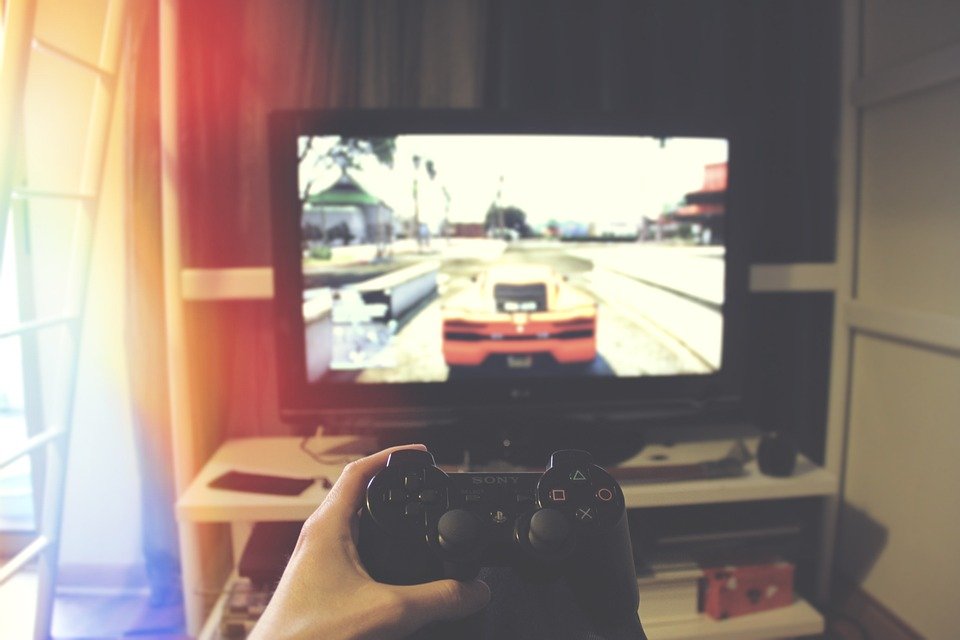The social Side of Gaming: Building Friendships and Connections Online
Introduction
Gaming has evolved from a solitary activity to a vibrant social experience. With the rise of online gaming platforms and multiplayer games, players can now connect and interact with others from around the world. This article explores the social side of gaming and how it has become a platform for building friendships and connections online.
Benefits of social Gaming
Gaming, traditionally seen as an individual pastime, has transformed into a social experience that offers numerous benefits:
- community: Online gaming provides a sense of belonging and community. Players can join guilds, clans, or alliances, where they can meet like-minded individuals and form lasting friendships.
- Collaboration: multiplayer games often require teamwork and collaboration. This fosters communication and cooperation skills, which can be valuable in both virtual and real-life situations.
- Learning Opportunities: Gaming communities often share knowledge and experiences, allowing players to learn from each other. Whether it’s learning new strategies or discovering hidden game mechanics, gamers can expand their knowledge through social interactions.
- Support System: Online gaming communities can provide emotional support and a safe space for players. They can discuss personal issues, seek advice, and find comfort in knowing they are not alone.
Building Friendships
Gaming has become a platform for building friendships, thanks to the social connections it facilitates:
- Shared Interests: Online gamers often have similar interests, making it easier to connect and bond with others who share their passion for gaming.
- Long-Distance Friendships: Online gaming transcends geographical boundaries, allowing people from different countries and cultures to connect and form friendships that would otherwise be impossible.
- Positive social Environment: Gaming communities thrive on positivity and encouragement. Players support each other, celebrate achievements, and provide a welcoming environment where friendships can flourish.
- Collaborative Experiences: multiplayer games require players to work together towards a common goal. This shared experience fosters camaraderie and can lead to long-lasting friendships.
Connecting with Others
Online gaming platforms provide various ways for players to connect with others:
- In-game chat: Many games have built-in chat systems that allow players to communicate with each other in real-time. This enables players to connect, strategize, and build relationships.
- Voice chat: Some multiplayer games offer voice chat features, allowing players to communicate verbally. This enhances the social aspect of gaming by enabling more natural and immediate interactions.
- social media Integration: Gaming platforms often integrate social media features, enabling players to share their gaming experiences, connect with friends, and expand their gaming network.
- Online Forums and Communities: Dedicated gaming forums and communities provide platforms for gamers to connect, discuss their favorite games, seek advice, and organize events.
FAQs
1. Is online gaming safe for building connections?
While online gaming can be a safe space for building connections, it’s essential to exercise caution. Be mindful of sharing personal information and be aware of potential scams or malicious individuals. Stick to reputable gaming communities and platforms to ensure a safer experience.
2. Can gaming friendships transition into real-life friendships?
Absolutely! Many gaming friendships have transitioned into real-life friendships. Gamers often meet up in person at gaming conventions, events, or even travel to visit each other. Online gaming can be a stepping stone to forming meaningful connections offline.
3. Can gaming help with social skills?
Yes, gaming can help improve social skills. multiplayer games require communication, teamwork, and collaboration, which can enhance social interactions. Gaming communities also provide a supportive environment where individuals can practice and develop their social skills.
4. Can gaming be addictive and affect social relationships negatively?
While excessive gaming can potentially lead to addiction and negatively impact social relationships, moderation and balance are key. It’s important to prioritize real-life social interactions and maintain a healthy balance between gaming and other aspects of life.
Conclusion
Gaming has evolved into a social platform that enables players to build friendships, connect with others, and experience a sense of community. Through shared interests, collaborative experiences, and various online communication tools, gamers can foster meaningful connections and forge friendships that can extend beyond the virtual world. However, it’s crucial to maintain a healthy balance and prioritize real-life interactions while enjoying the social side of gaming.

